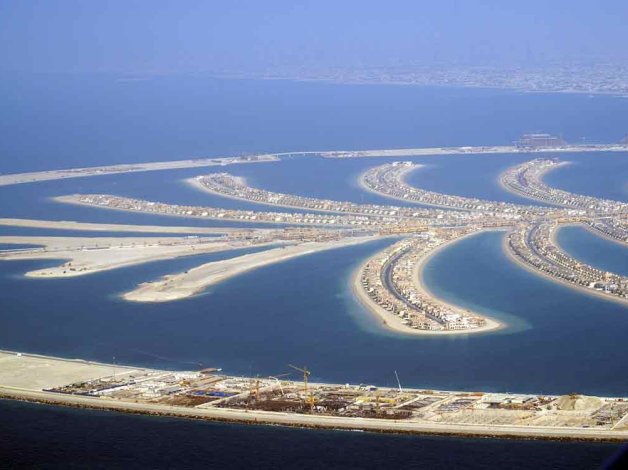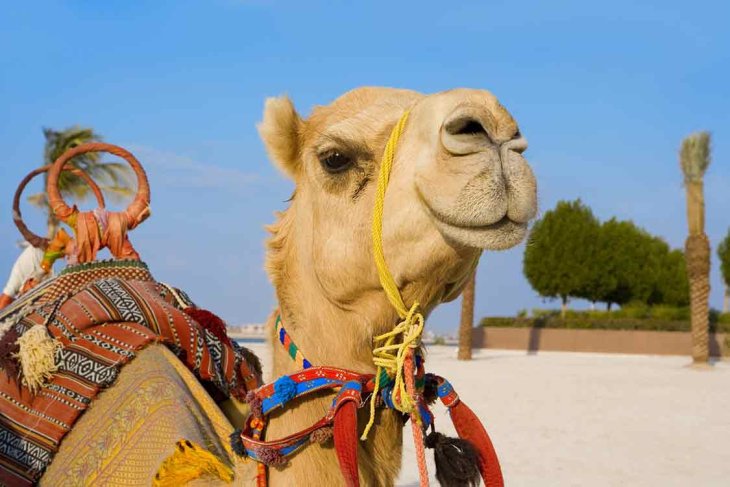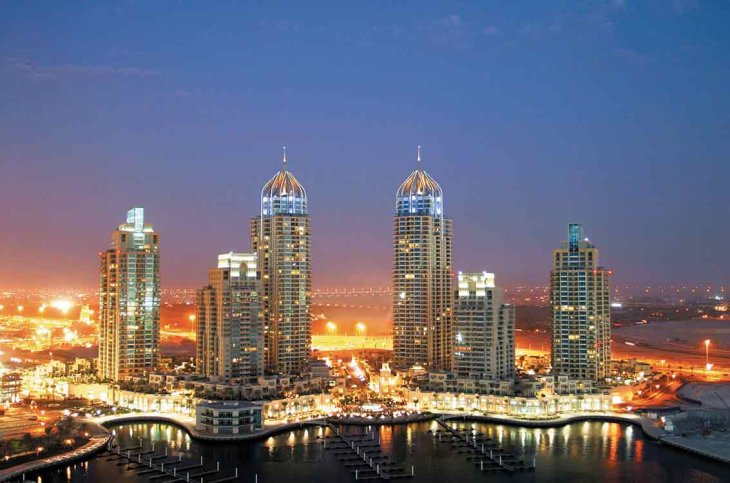
Dubai has become a highly popular destination for many British tourists, boasting a unique blend of modern architecture and spectacular skylines, as well as a reputation for being where many of the world's richest come to play. As a result, many people think they know about everything the city has to offer, but there are still plenty of surprises and delights that across the emirate that have to be experienced.
Climate: The mercury is usually kept pretty high for most of the year in Dubai, although it does tend to be more moderate during the months between November and March. January is often a favoured time of year, but be aware it has been known to yield overcast rainy days. By and large though, autumn and spring are the best times to visit, particularly for those looking for sun. Summer sees the average temperature regularly exceed 40 degrees Celsius and may well be too hot for many tastes, although cheaper prices make it a little more attractive for those on a budget.
Currency: The currency used is the UAE Dirham, which has an exchange rate of approximately 5.61 to the pound.
Local customs: It can sometimes be easy to forget when staying in Dubai that it operates under Sharia law. Civil courts are also used, but there are certain cultural differences visitors need to be aware of. To be accepted by locals, women should wear skirts that at least cover the knees and tops with sleeves and ensure clothes are not be too tight or revealing. Men should wear trousers or jeans and, again, tops with sleeves. Foreigners can sometimes be seen wearing less, but this is often considered offensive to emiratis and limits the chances of conversing with locals.
It is not advisable to display affection with the opposite sex in public, particularly during Ramadan, when eating and drinking in public during daylight hours is also forbidden.
Swearing, using rude gestures, or drinking alcohol in public can land you in jail. Alcohol is only permitted in hotel restaurants and bars and being drunk in public can land you in serious trouble.
Getting Around

The futuristic Dubai Metro is perhaps the best way of getting around the city, easily connecting the centre with the various malls and sites. Tickets range from 30p to £1, while a day travel pass costs £2.50.
Dubai's modern air-conditioned buses are becoming increasingly popular with visitors, although it is advisable for women to sit in the women's section at the front of the vehicle. A map and timetable is available at bus.rtaprojects.me.
Alternatively, there are various taxis around the city, which can either be caught from designated ranks or alternatively they can be hailed down. Fares are always metered, meaning a drive around the city can cost up to £15.
For those looking to cross the Dubai Creek, there are many vessels that connect Deira and Bur Dubai every day, ranging from open-sided rowing and motorized abra boats, to water buses, water taxis, and ferries.
What to see

There is a common misconception among critics that Dubai is a place that has very little history and culture. Granted there are many towering structures dotted around the city, including the ground-breaking Burj Khalifa, which at a height of 828m is the world's largest building, but beyond the modern metropolis there is a certainly a sense of history for visitors to enjoy.
Whether it happens to be the collection of old souqs, the 200-year-old Al Fahidi Fort, old covered markets, or the Majlis Al Ghorfat, a royal residence built in 1955 and recently restored, tradition still finds a home in this city of progression.
One of the best examples is within the Bastakia Quarter, which was first set up by textile merchants in the early 1900s and boasts narrow lanes flanked by sand-coloured houses, as well as craft shops, cultural exhibits, courtyard cafes, art galleries and even two boutique hotels.
There's certainly a contrast between the old and the new in Dubai - a notion that is perhaps best demonstrated by the suburbs of Deira and Bur Dubai, which are only separated by the Dubai Creek.
When sailing across the water it becomes much easier to notice the towering architecture on one side, and small bustling alleyways on the other.
Nothing sums up Dubai's taste for luxury more than the Burj Al Arab hotel, which has become famous for its sail-like structure. Rooms at the world's only seven-star hotel can cost over £1,400 a night, so may well be out of reach for many. However, booking in for afternoon tea is a popular choice for many tourists.
While the souqs and old markets are great places to bag some traditional local treats, it is the Dubai shopping Mall that is known to really get the pulses of shopaholics racing, boasting some 1,200 shops and restaurants.

